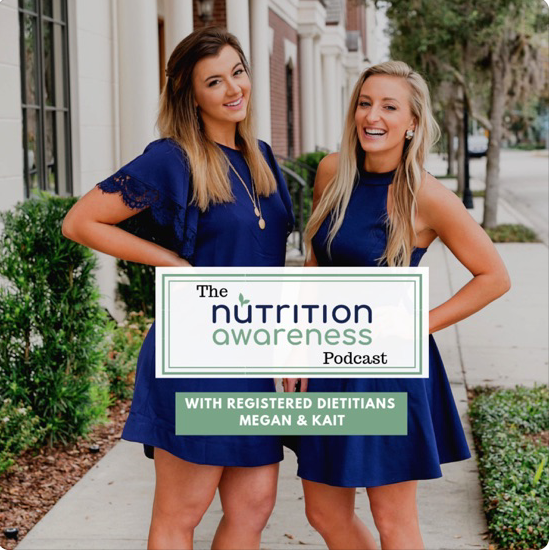
A Registered Dietitian Nutritionist explains why sleep is a crucial piece of the weight loss pie
When you think about the recipe for weight loss, do you automatically jump to “calories in, calories out”?
At the end of the day, creating a caloric deficit is a highly effective method for losing body mass. However, it’s much easier said than done.
For such a simple concept, there are a lot of complexities making eating less and moving difficult.
These challenges include stress (& our response to stress), hormonal balance, lifestyle habits, external environment, and the start of today’s blog- sleep.
Sleep is not the sexiest topic, but it’s a vital piece of the puzzle when it comes to weight loss and wellbeing.
Need 1:1 accountability for your healthy eating & weight loss goals?
Apply to our virtual Daily Accountability Program (DAP) today!
Here are 4 ways sleep deprivation can cause you to pack on the pounds:
1. Your overall appetite increases, causing you to overeat.
You’re also less sensitive to satiety cues, meaning it is harder for you to stop when you have physically eaten enough food.
This is double trouble. Not only are you more hungry than usual, but you are less able to self-regulate fullness. Can you see how this can add up throughout the day, week, or year if you’re chronically sleep deprived?
2. Hardcore Cravings
Ever experience a late night out with friends, and an intense craving for pancakes or pizza the next day? Don’t attribute automatically blame your hangover. The drive to order something greasy or sugary is also linked to your poor night of sleep.
After periods of insufficient rest, cravings for sugary and high-fat food intensifies. These foods tend to be higher in calories and lower in fiber & protein, two nutrients that make you feel full.
Studies have found participants rate their desire for chocolate candies were statistically higher after a night of sleep deprivation. Research points out sugar tastes sweeter when you’re tired.
Aim for 7 hours of sleep to make no to junk food and yes to nutrient-dense, healthy options easy.
3. Eating Feels More Pleasurable
When you’re chronically tired, the ‘reward center’ in your brain is heightened after you eat something delicious, which has been linked to increased intake of food.
In other words, the pleasure you experience after eating French fries is stronger when you’re sleep deprived, making it more likely you’ll reach for more.
Too much food = increased risk of weight gain.
4. Your ability to control portion size is compromised.
Get this- when you’re tired, you less able to accurately determine how much food will make you feel satisfied.
Our ability to regulate an appropriate serving related to our past experiences with food. Did one piece of pizza leave you craving more last time? Did finishing your entire Chick-Fil-A combo order cause you to feel overly full or just right?
Your brain makes note of this & tucks it away in a memory file to be pulled out again next time you need to refer to it.
However, your ability to accurately recall past experiences is compromised when you’re tired, meaning you’re less able to serve yourself the right amount of food.
Another shocking fact? Over 90% of people finish their plate when they self-serve!
This means 9 out of 10 times you will serve yourself too much food (because you’re hungrier with cravings) and still finish everything in front of you.
Combine all 4 of these consequences of poor sleep, and you’ve got a recipe for weight gain.

Moral of the story? Prioritize sleep for weight loss.
I tell my clients sleep an extra hour and miss a workout if they stayed up too late one night.
This is a hard pill to swallow for early bird crusaders, but getting enough sleep is more important than missing one hardcore workout. If you can fit your exercise another time, be flexible and do it later in the day.
However, most people are not missing sleep to workout! If you’re chronically sleep deprived, start making a change by asking yourself solution-based questions:
- What in my bedtime or morning routine can I shift around to allow for 7+ hours of sleep?
- How can I set my environment up to cater to better sleep (i.e, no screens, dark room, chilled temperature, etc)
- Am I consuming too much caffeine, sugar, or stimulants before bed? (Try an herbal tea or mushroom elixir instead).
- How can I use my time more productively during the day to make room for a good night of rest?
When you know better, you do better.
Reinforce this blog or our podcast about sleep and weight gain with a friend who needs to hit the hay!
Kait Richardson is a registered dietitian nutritionist in Orlando, FL. She is a partner at a private practice, Nutrition Awareness, where she helps frustrated yo-yo dieters reach their health goals using 1:1 nutrition coaching. She is the co-host of the Nutrition Awareness Podcast.

